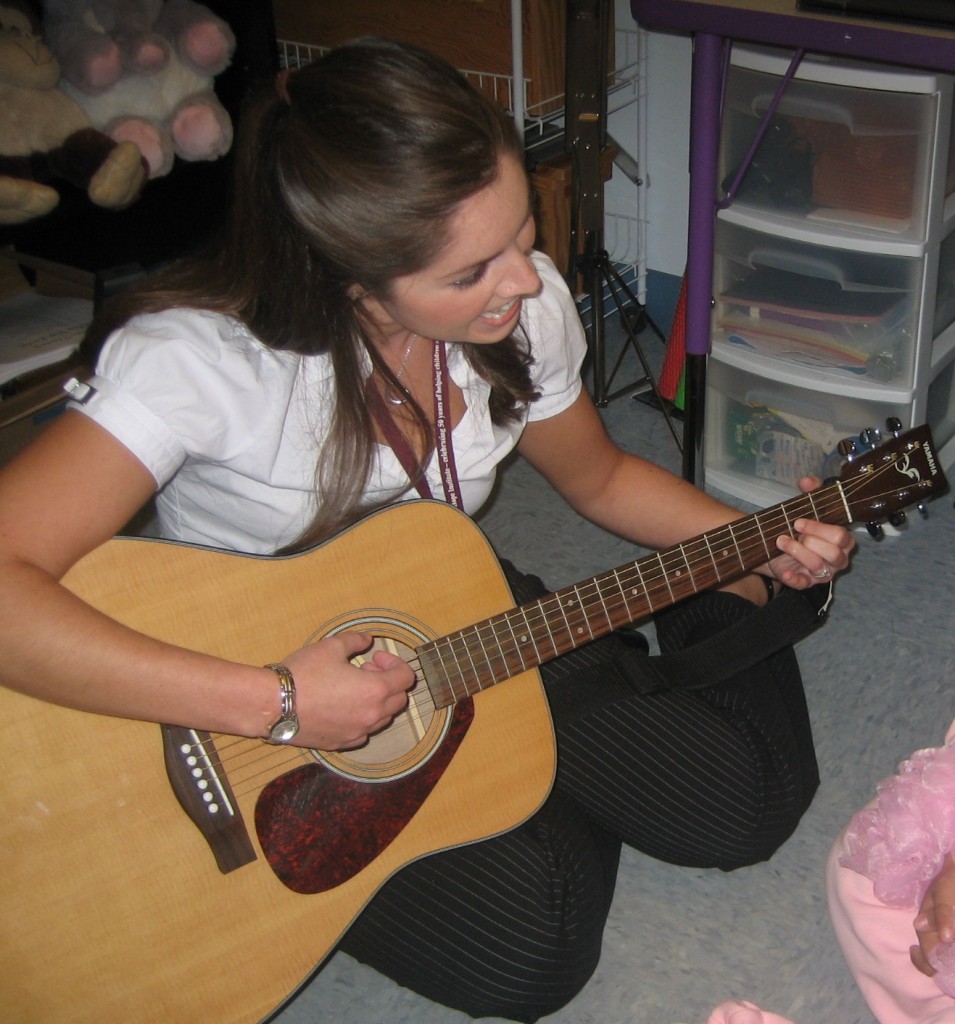 As I looked at the faces of my colleagues during my first week on the job, I could tell they were all silently asking this question. But really, I couldn’t blame them. Here I was, this 23-year-old kid fresh out of grad school, in my first “real” job, doing something no one around me had ever heard of. I put on a brave face, but I was scared.
As I looked at the faces of my colleagues during my first week on the job, I could tell they were all silently asking this question. But really, I couldn’t blame them. Here I was, this 23-year-old kid fresh out of grad school, in my first “real” job, doing something no one around me had ever heard of. I put on a brave face, but I was scared.
Scared that I wouldn’t be taken seriously (I wasn’t, at first). Scared that I wouldn’t know what I was doing (I didn’t, at first). Scared that this place would be too much for me (it was, at first). But time passed. As I got more comfortable, I became a better therapist; as I became a better therapist, my colleagues began to understand — and even enjoy — this music therapy thing. They saw the positive effects it had on our students, which was all that really mattered.
There are still lots of people who don’t “get” music therapy, who question its validity. I’m lucky to have been able to educate so many people simply by doing my job, but my work is not done yet. (Check out Kimberly Sena Moore’s video What is Music Therapy? for more on this topic, as well as a recent podcast episode I co-hosted where we explore this question in depth.)



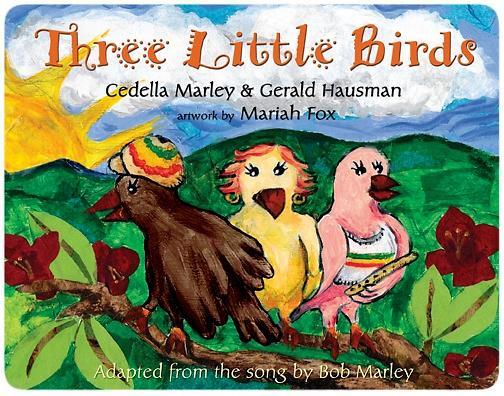
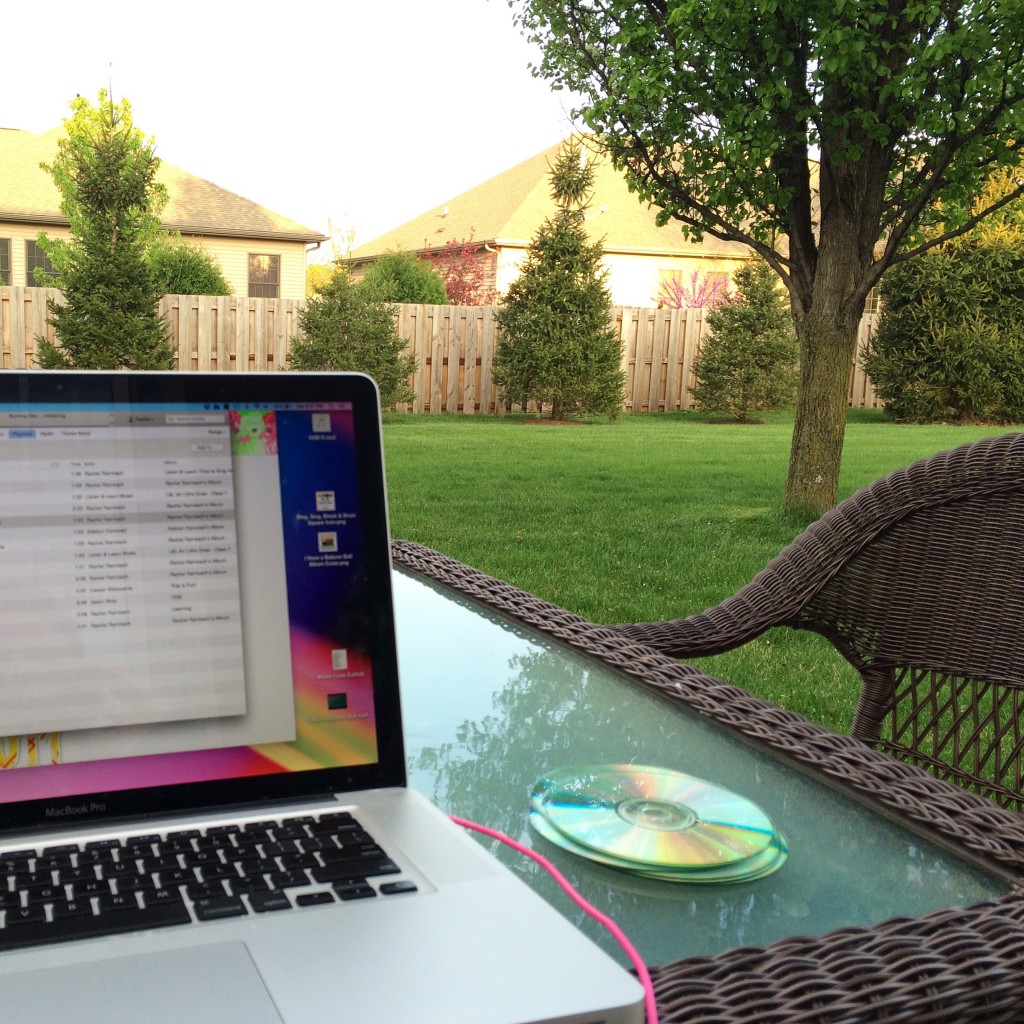
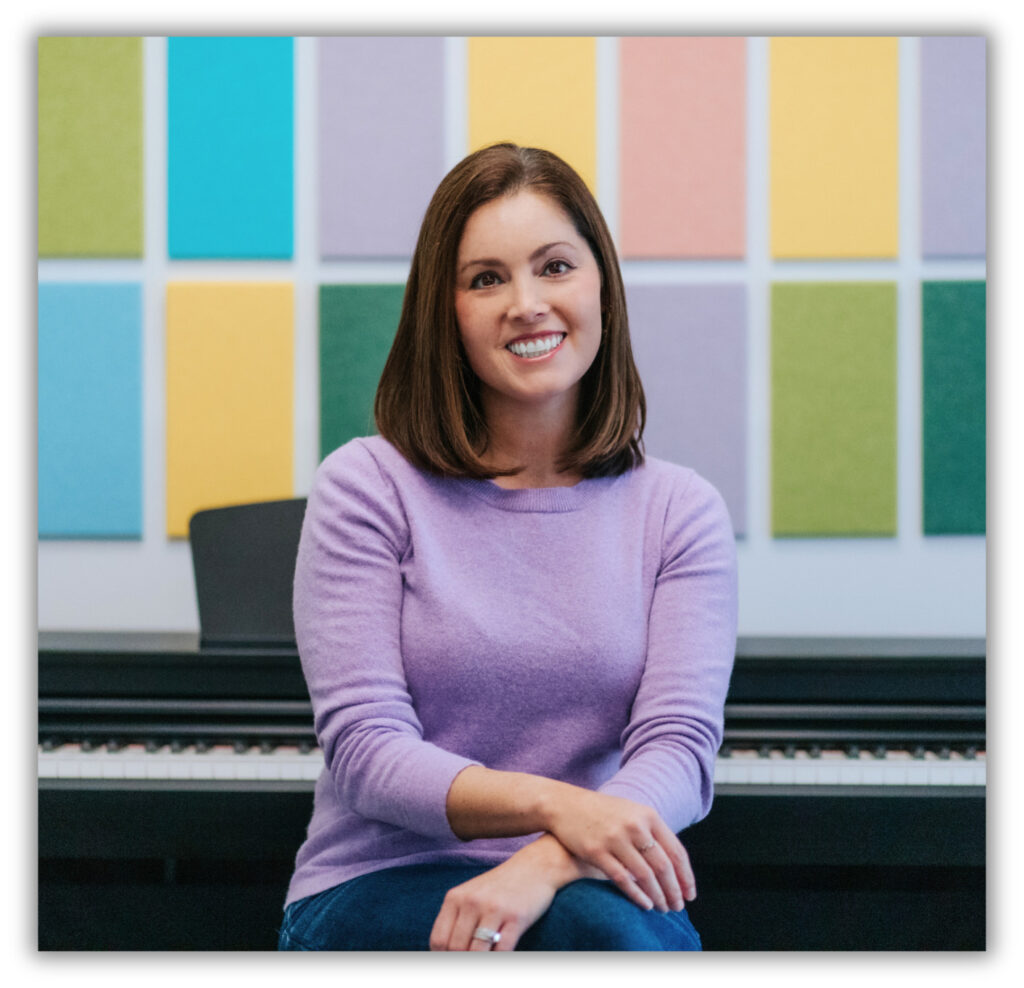
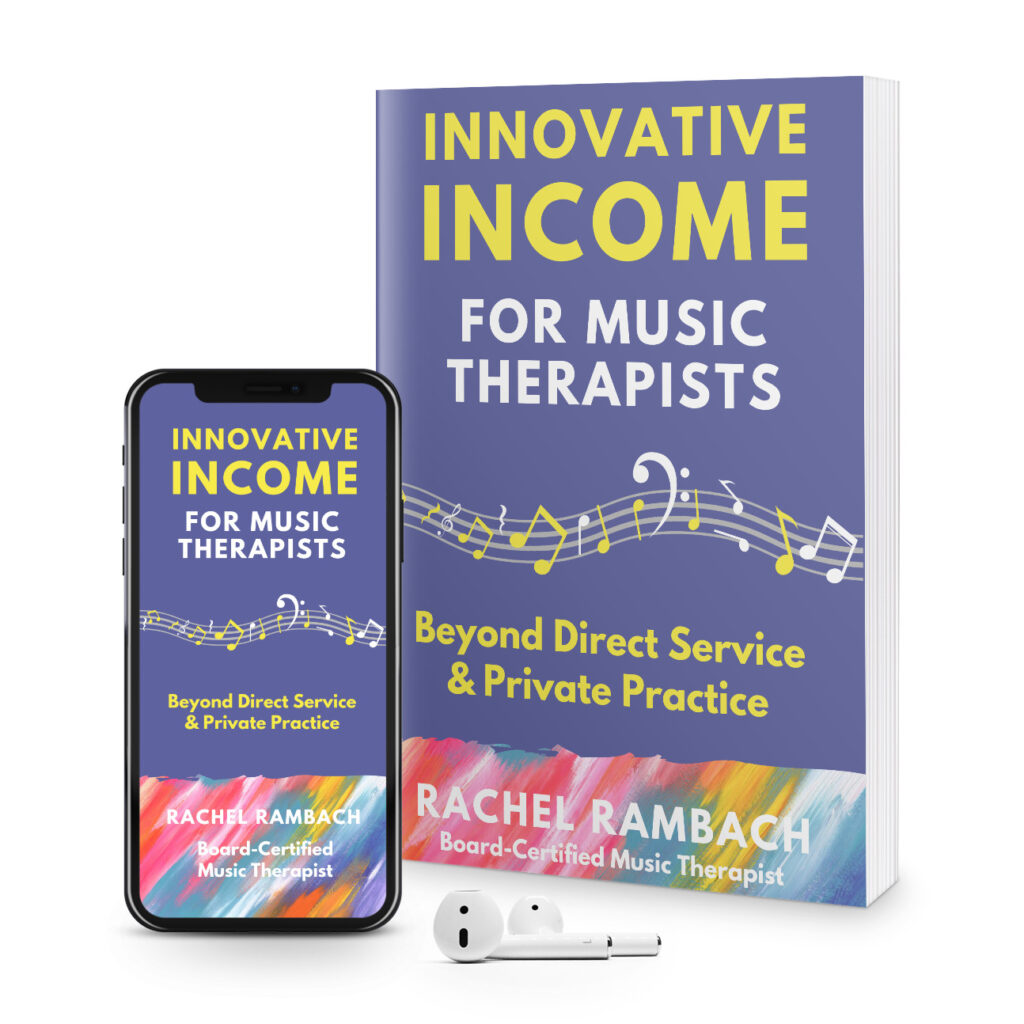
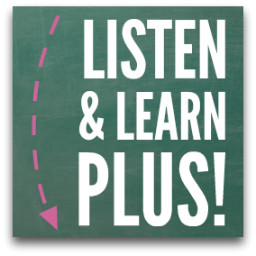
Rachel, thanks for posting this. My daughter and I enjoy your site very much. She is a recent high school grade and has chosen music therapy as her major. I admit I knew nothing about it until she came home all excited one day and said she knew what she wanted to major in. I’m learning more all the time. She is a freshman at community college now but hoping to transfer to a 4 year year school in the fall and work towards a Master’s Degree. Thanks again. :)
Hi Kathy! Thanks so much for the comment. I knew nothing about music therapy until I stumbled upon it in a google search halfway through college…I’m glad your daughter discovered it sooner! If there is ever anything I can do to help during her studies, please don’t hesitate to ask. I wish you both the best :)
Yes Virginia, there really is music therapy! I have been a teacher for a ling time and have worked with students dealing with autism, hearing loss, traumatic head injuries and multiple sclerosis just to name a few. Here is a great story about one of our students who has used music to transform her life. She has become an ambassador for the power of music for her local and national MS groups. Bravo and keep up the good work!
http://is.gd/f8XO3
Thanks Eugene, and thank you for sharing the story about your student. Pretty amazing!
Rachel,
Thank you for these thoughts. As a new professional just entering a new job, I appreciate knowing that someone who seems so confident was, at one time, feeling the same way I do now – unsure. I hope that many new professionals like myself will read this and feel reassured that they are not alone and things will get better with time. I enjoy your blog very much and I look forward to keeping up with you as times continues to move on!
Hi Jessica. You are not alone at all! I still feel unsure a lot of the time, since every client is different and requires a unique approach. But it definitely gets easier with time, I promise :) Good luck, and keep me posted as you start your new job!
Aww Rachel, are you feeling nostalgic? I love your post! It almost makes me want to make one of my own (after I tackle my next post on my to-do list)
Haha, perhaps! It’s fun to think back to where I started and remember how far I’ve come. You should write one of your own!